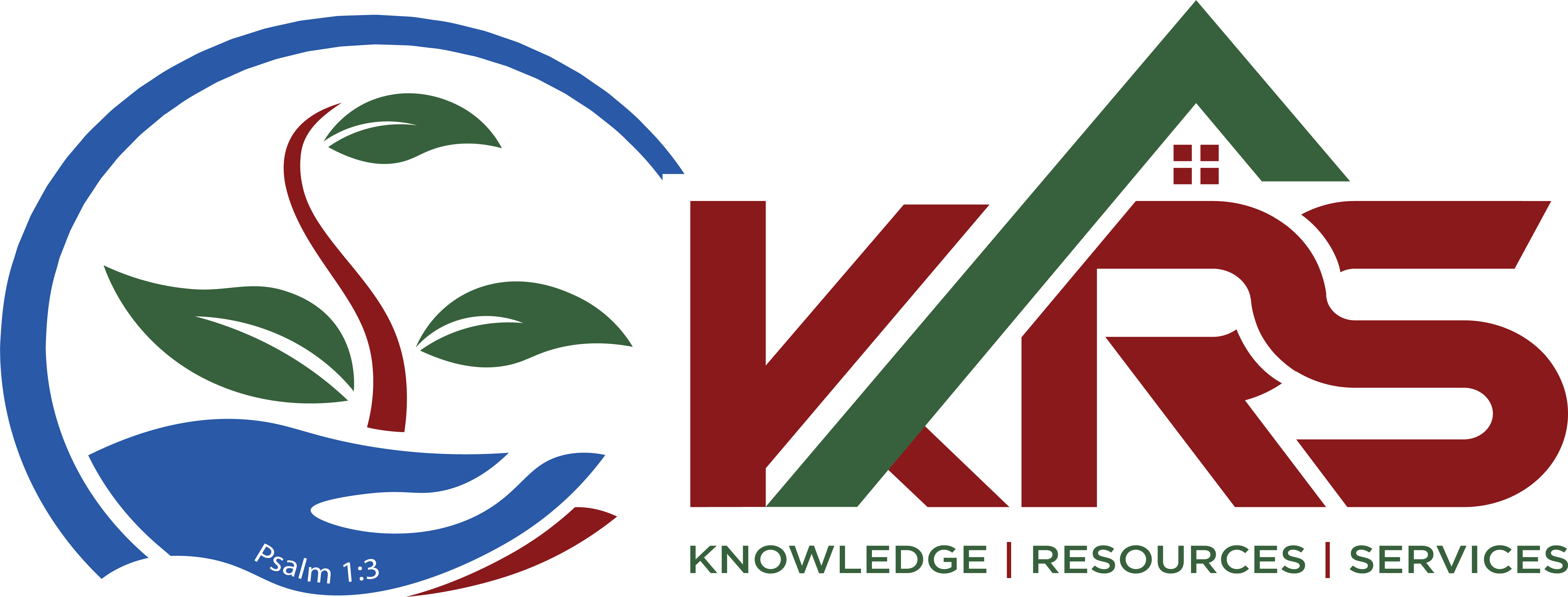In addition to Business Umbrella insurance or Excess Liability Insurance, small businesses may need various other types of insurance to protect against different risks and liabilities. The specific insurance needs of a small business depend on factors such as the industry, size, location, and nature of operations. Here are some essential types of insurance coverage that small businesses may consider:
General Liability Insurance: General Liability Insurance provides coverage for third-party claims of bodily injury, property damage, and advertising injury. It protects businesses from liabilities arising from accidents, injuries, or property damage that occur on their premises or as a result of their operations.
Commercial Property Insurance: Commercial Property Insurance protects a business’s physical assets, including buildings, equipment, inventory, and furniture, against damage or loss due to covered perils such as fire, theft, vandalism, and natural disasters.
Professional Liability Insurance (Errors and Omissions Insurance): Professional Liability Insurance, also known as Errors and Omissions (E&O) Insurance, provides coverage for claims of negligence, errors, or omissions in the professional services or advice provided by a business or its employees. It is essential for businesses that provide professional services or advice, such as consultants, accountants, attorneys, and healthcare professionals.
Workers’ Compensation Insurance: Workers’ Compensation Insurance is required in most states for businesses that have employees. It provides coverage for medical expenses, lost wages, and disability benefits for employees who are injured or become ill on the job. Workers’ compensation insurance also helps protect businesses from lawsuits related to workplace injuries.
Commercial Auto Insurance: Commercial Auto Insurance provides coverage for vehicles owned or used by a business for business purposes. It protects against liabilities arising from accidents, injuries, or property damage involving company vehicles.
Business Interruption Insurance: Business Interruption Insurance, also known as Business Income Insurance, provides coverage for lost income and extra expenses incurred when a business is unable to operate due to a covered peril, such as fire, natural disaster, or other property damage.
Cyber Liability Insurance: Cyber Liability Insurance provides coverage for expenses related to data breaches, cyberattacks, and other cyber incidents that compromise a business’s data or systems. It helps cover costs such as data recovery, notification expenses, legal fees, and liability claims from affected individuals.
Employment Practices Liability Insurance (EPLI): Employment Practices Liability Insurance (EPLI) provides coverage for claims related to employment practices, such as wrongful termination, discrimination, harassment, and other employment-related lawsuits brought by employees or former employees.
Directors and Officers (D&O) Insurance: Directors and Officers (D&O) Insurance provides coverage for claims against directors and officers of a company for alleged wrongful acts, errors, or omissions in their roles as corporate leaders. It protects individual directors and officers from personal liability and helps attract and retain qualified executives.
Product Liability Insurance: Product Liability Insurance provides coverage for liabilities arising from defective products that cause bodily injury or property damage to consumers. It is essential for businesses that manufacture, distribute, or sell products.
Fidelity Bond (Employee Dishonesty) Insurance: Fidelity Bond, also known as Employee Dishonesty Insurance, provides coverage for losses caused by employee theft, fraud, or dishonesty. It helps protect businesses from financial losses resulting from internal theft or fraudulent activities.
Commercial Umbrella Insurance: As mentioned earlier, Commercial Umbrella Insurance provides additional liability coverage beyond the limits of underlying primary insurance policies. It offers higher coverage limits and broader coverage for various liability risks, helping protect businesses from large or catastrophic liability claims.
It’s essential for small business owners to assess their specific insurance needs, evaluate the risks associated with their business operations, and work with an experienced insurance agent or advisor to tailor insurance coverage that adequately protects their business assets and mitigates potential liabilities.








 Whether you are a small business or a large corporation, we can provide you with the amount of funding you need to succeed.
Whether you are a small business or a large corporation, we can provide you with the amount of funding you need to succeed.



















